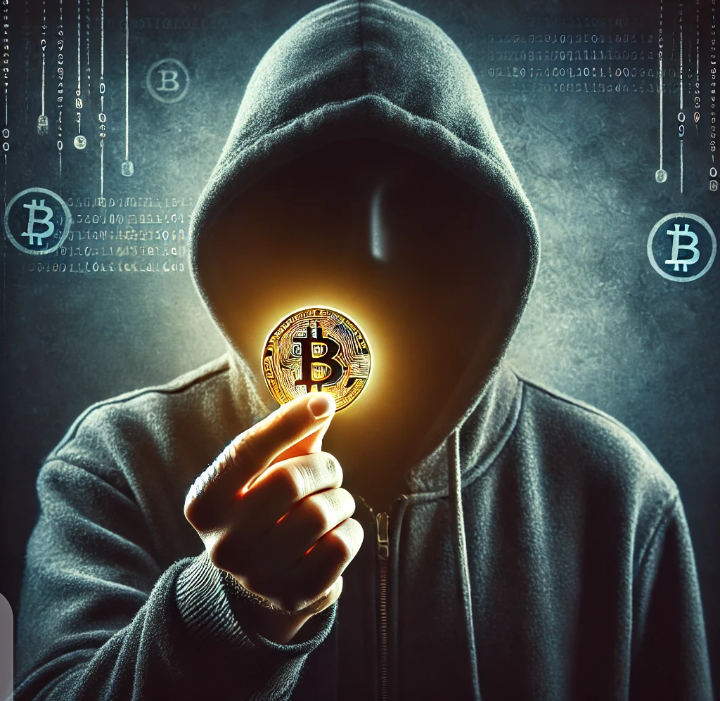How to Buy Bitcoin With a Credit Card and No Verification
Buying Bitcoin without verification has become increasingly challenging due to tightening regulations. While these rules aim to ensure safety and prevent fraud, they can inconvenience users seeking privacy. This has particularly impacted individuals in countries with stringent regulations, making traditional exchanges less accessible.
However, there are still privacy-friendly methods for purchasing Bitcoin using a credit card without the hassle of lengthy verification processes. Options like decentralized wallets, peer-to-peer (P2P) marketplaces, no-KYC exchanges, and Bitcoin ATMs provide alternatives that prioritize user anonymity. Each option has distinct advantages and drawbacks, which can help users select the best approach based on their needs.
This guide explores these options, highlighting how they work, their benefits, risks, and costs. By the end, you’ll be equipped to buy Bitcoin while maintaining your privacy.
Decentralized Wallets: A Secure Way to Buy Bitcoin Anonymously
Decentralized wallets offer a straightforward and private method to buy Bitcoin with a credit card. Unlike traditional exchanges that collect user data, these wallets prioritize user control and security.
How Decentralized Wallets Work
A decentralized wallet is a digital tool for securely storing and transacting cryptocurrencies. To use one:
- Download a trusted wallet and set up backup phrases and private keys.
- Access the wallet’s built-in purchase option to buy Bitcoin using your credit card.
- Compare providers within the wallet interface, check rates, and complete the purchase without submitting personal information.
Advantages
- Enhanced Privacy: These wallets don’t require personal data, making transactions anonymous.
- Control Over Funds: You hold private keys, reducing the risk of hacks or platform failures.
- Higher Limits: Some wallets allow large purchases without KYC requirements.
- Affordable Fees: Fees are typically lower than other methods, averaging around 3%.
- Multi-Currency Support: Many wallets support multiple cryptocurrencies.
Challenges
- New Technology: Some wallets may have usability issues as they evolve.
- Exchange Rate Variability: Rates can differ between providers; comparison is essential.
- Limited Payment Options: Not all wallets accept all credit cards.
Overall, decentralized wallets are an excellent choice for users prioritizing security and anonymity.
P2P Marketplaces: Buying Bitcoin Directly From Sellers
Peer-to-peer (P2P) marketplaces connect buyers and sellers directly, allowing users to purchase Bitcoin with credit cards while avoiding extensive verification processes.
How P2P Marketplaces Work
- Create an account on a P2P platform.
- Browse buy or sell listings and choose a seller based on reputation and reviews.
- Agree on transaction terms, such as payment method and price.
- Use escrow services to ensure secure transactions, releasing Bitcoin only after payment confirmation.
Advantages
- Privacy: Transactions are direct, keeping personal data secure.
- Flexible Payment Options: Platforms accept various payment methods, including credit cards.
- Escrow Protection: Reduces fraud risk.
- Local Currency Support: Allows trades in native currencies, avoiding conversion fees.
- Negotiable Terms: Buyers and sellers can agree on terms that suit both parties.
Drawbacks
- Higher Fees: Platform and seller fees can range from 10% to 15%.
- Risk of Scams: Verify seller credibility through reviews and ratings.
- Time-Consuming: Negotiations and payment confirmation can take longer than centralized exchanges.
- Limited Cryptocurrency Options: Bitcoin is commonly supported, but other cryptocurrencies may not be available.
P2P marketplaces offer flexibility and privacy but require caution to avoid scams and high fees.
Cheap Remote Crypto Mining for you – Click Here
Bitcoin ATMs: Convenient but Costly
Bitcoin ATMs (BTMs) provide a convenient way to purchase Bitcoin with a credit card without requiring ID verification. These machines are increasingly available in urban areas, offering a quick in-person option.
How Bitcoin ATMs Work
- Insert your credit card into the machine.
- Choose the amount of Bitcoin to purchase.
- Provide a wallet address or scan a QR code to receive Bitcoin.
- Some machines allow small purchases without ID, though larger amounts may require additional verification.
Advantages
- Privacy: Many ATMs let users buy Bitcoin anonymously.
- Convenience: Easily accessible in physical locations like malls and stores.
- No Bank Account Needed: A good option for those without traditional banking access.
Challenges
- High Fees: Transaction fees typically range from 5% to 10%.
- Limited Availability: Not all regions have Bitcoin ATMs.
While Bitcoin ATMs are quick and private, their high fees may deter cost-conscious buyers.
Key Considerations Before Buying Bitcoin Without Verification
- Privacy vs. Costs: Balance your need for anonymity against higher fees associated with privacy-friendly options.
- Reputation and Security: Use trusted platforms and verify seller or service credibility.
- Regulatory Risks: Be aware of local laws regarding cryptocurrency purchases to avoid potential issues.
Conclusion
For those seeking privacy, options like decentralized wallets, P2P marketplaces, and Bitcoin ATMs provide viable alternatives to traditional exchanges. Each method has unique benefits and trade-offs, from privacy and control to costs and availability. By understanding these options, users can make informed decisions and securely purchase Bitcoin with a credit card while maintaining their privacy.


